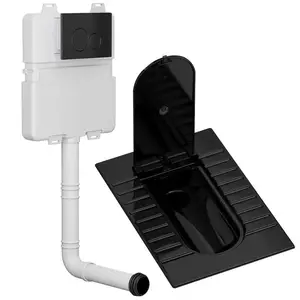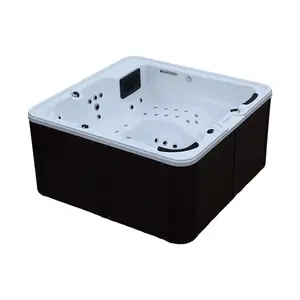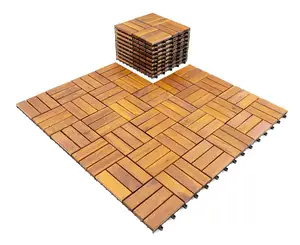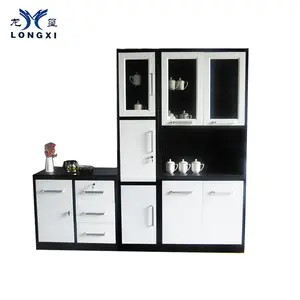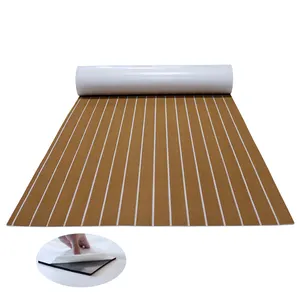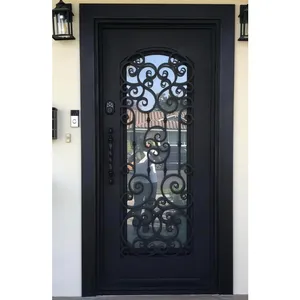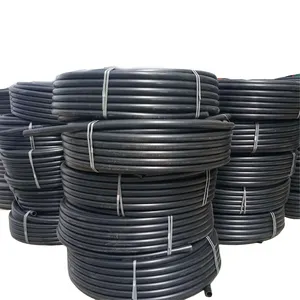Popular in your industry










































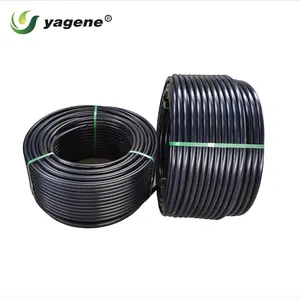






















Top categories
About hdpe pipe 1 inch price
What is Hdpe Pipe Price For 1 Inch
HDPE pipes, or High-Density Polyethylene pipes, are a type of thermoplastic polymer known for their exceptional strength and durability. These pipes are made from HDPE material and are widely utilized in various industries due to their favorable properties such as resistance to corrosion, light weight, and ease of installation. HDPE pipes are commonly used for conveying water, gas, and other liquids under high pressure conditions.
Businesses and professionals in construction, plumbing, water supply, and chemical industries are the primary users of HDPE pipes. The applications of HDPE pipes span across a wide range of fields including municipal water distribution systems, agricultural irrigation systems, sewage transport, and mining operations. The inherent versatility of HDPE allows it to be suitable for both above-ground and underground applications.
The production of HDPE pipes involves the extrusion of HDPE material through a die to form pipe. The properties of the resulting pipe can be enhanced by adding masterbatches or compounding with other materials. Once produced, these pipes undergo testing to ensure they meet industry standards for pressure and durability before being sold and distributed.
Types of HDPE Pipe Price for 1 Inch
The market offers a variety of HDPE pipes for 1 inch applications, each with its specific characteristics and common uses:
-
PE 100 Pipes: These pipes are designed for high-pressure applications and are made of high-density polyethylene. They are known for their high-performance, long service life, and good stress-crack resistance. PE 100 pipes are often used in gas distribution and water supply lines.
-
PE 80 Pipes: These pipes have a lower density than PE 100 pipes and are designed for underground cable and electrical conduit installation. They provide a balance between cost-effectiveness and performance in electrical applications.
-
PE 63 Pipes: With a higher density than PE 80 or PE 100 pipes, PE 63 pipes offer good pressure resistance and are often used in agricultural irrigation and other medium-duty applications.
Each type has its own set of common use cases based on its material properties, making it important to consider these factors when selecting the right HDPE pipe for your project.
How to choose Hdpe Pipe Price For 1 Inch
When selecting HDPE pipes for business purposes, it is crucial to consider factors such as the type of material (PE80 or PE100), pressure requirements, environmental conditions, and compliance with standards. For businesses dealing with high-pressure applications in industries like mining or oil and gas, choosing PE100 pipes that can withstand the elevated stress is vital. On the other hand, if the installation involves lower pressures in agricultural or irrigation settings, PE80 might suffice.
It is also important to consider the environmental conditions in which the pipes will be operating. For outdoor applications or areas prone to chemical exposure, selecting materials with high chemical resistance is essential. Additionally, businesses should ensure that the chosen HDPE pipes comply with relevant standards which will vary depending on the region and application.
Businesses should also take into account factors such as diameter size requirements, potential jointing methods (welded or mechanical), and any specific customizations needed for their projects. The HDPE pipe price will also vary based on these factors as well as quantity discounts for bulk orders.
About Hdpe Pipe Price For 1 Inch on Alibaba.com
Alibaba.com stands out as a global wholesale marketplace that connects businesses with a vast selection of HDPE pipes suitable for a wide range of applications. Whether you're sourcing materials for large-scale infrastructure projects or looking for specialized piping for your manufacturing process, Alibaba.com provides access to an extensive network of suppliers offering products that meet diverse industrial standards.
The platform's user interface facilitates easy communication between buyers and suppliers in multiple languages, ensuring clarity in transactions across different regions. Moreover, services like Trade Assurance protect your payments until delivery is completed, offering peace of mind through every step of the process.
Choosing Alibaba.com as your source for wholesale HDPE pipes means embracing a world where convenience meets diversity. With products listed by verified suppliers who often cater to custom requirements, finding the right pipe for your business needs is not only simplified but also supported by a robust ecosystem designed to help you navigate the complexities of international trade efficiently.
Common FAQs for Hdpe Pipe Price For 1 Inch
What is high-density polyethylene (HDPE) pipe used for in the construction industry?
HDPE pipes are primarily used in the construction industry for water supply systems, wastewater management, and various other applications due to their durability, lightweight nature, and resistance to corrosion and chemicals.
How does the quality of HDPE pipe affect its use in construction?
The quality of an HDPE pipe directly impacts its longevity, pressure handling capacity, and suitability for different environmental conditions in construction. Higher quality pipes are necessary for demanding applications that require reliability and longevity.
Can HDPE pipes be used for both above and below-ground applications?
Yes, HDPE pipes can be used for both above-ground and below-ground applications. However, the type of pipe used (i.e., Type 1, Type 2, Type 3, Type 4) will vary based on the application's specific requirements for pressure rating, flexibility, and environmental conditions.
What should be considered when choosing the size of an HDPE pipe?
When selecting the size of an HDPE pipe, consider the volume of fluid to be transported, the pressure requirements of the system, and any future expansions or alterations that may affect the piping system.
Are there specific types of HDPE pipes for different environmental conditions?
Yes, HDPE pipes are available with different materials and additives that provide resistance to specific environmental conditions such as UV exposure, chemicals, or extreme temperatures.
How do I determine the appropriate pressure rating for a HDPE pipe?
The appropriate pressure rating for a HDPE pipe is determined by the maximum pressure the pipe will encounter in its application. It is important to choose a pipe with a pressure rating that exceeds the system's requirements.
What are the benefits of using HDPE pipes for water supply systems?
HDPE pipes are known for their high resistance to corrosion, chemical damage, and environmental stresses. They are also lightweight and flexible, making them easier to transport and install.
Can HDPE pipes be customized for specific applications?
Yes, HDPE pipes can be customized with various additives or treatments to enhance properties like UV resistance, abrasion resistance, or fire retardancy to suit specific project needs.
What is the difference between Type 1 and Type 2 HDPE pipes?
Type 1 HDPE pipes are designed for use in potable water systems and have a blue stripe to indicate they meet health and performance standards. Type 2 HDPE pipes are suitable for wastewater management and are color-coded with a different stripe to prevent cross-contamination.
Are there specific joining methods required for connecting HDPE pipes?
Yes, HDPE pipes typically require specialized joining methods such as butt fusion, electrofusion, or transition fittings. The choice of method depends on the pipe's material and the application's specific requirements.
What is the significance of having a standardized color for HDPE pipes?
A standardized color such as blue or black is significant as it indicates that the pipe meets specific quality standards. However, color selection is also influenced by regional preferences or industry norms.
How does the Trade Assurance service benefit businesses purchasing HDPE pipes?
Trade Assurance is a service that protects buyers' payments until their order is delivered satisfactorily. This service benefits businesses by ensuring that their transactions are secure until the product is received.
What are the common applications of HDPE pipes in the mining sector?
In the mining sector, HDPE pipes are commonly used for slurry transportation and various piping systems that require resistance to abrasion and corrosion.
